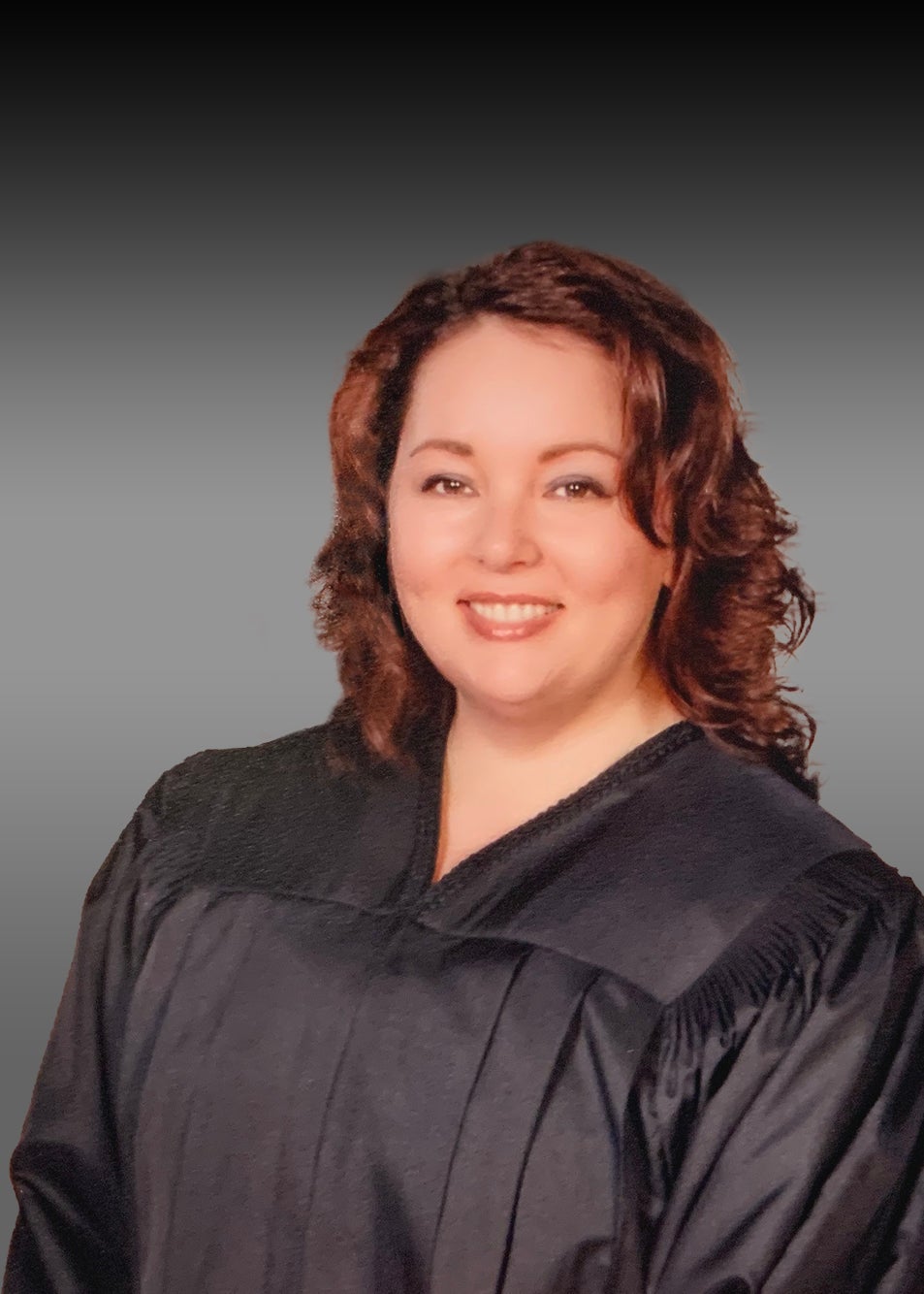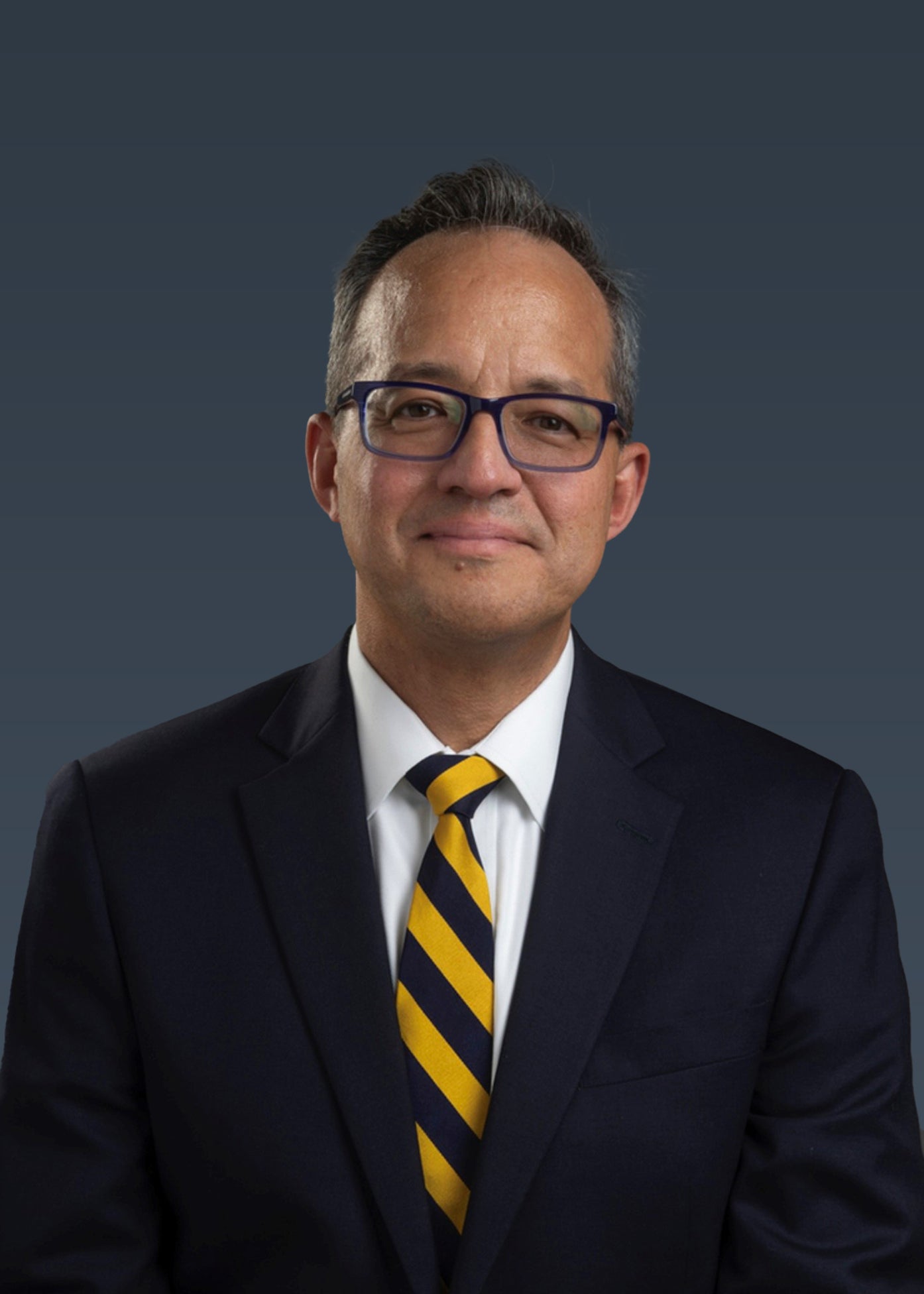Chief Justice Appoints 5 New Judicial Council Members
Chief Justice Patricia Guerrero appointed two new voting members and three new advisory (non-voting) members to the Judicial Council. Two council members were also reappointed.
Under the leadership of the Chief Justice and in accordance with the California Constitution, the council is responsible for ensuring the consistent, independent, impartial, and accessible administration of justice.
The following two new voting members of the council begin their terms Sept. 15:
- Judge Michael Rhoads, Superior Court of San Francisco County, sits in a criminal trial department and oversees the court’s criminal domestic violence calendar. He previously was assigned to a felony pre-trial and preliminary hearings calendar department. Judge Rhoads has served as faculty and prepared educational materials for the council’s Center for Judicial Education and Resources for a variety of subject matters, including criminal sentencing, pretrial release, and preliminary hearings. (more bio information)
- Dena Stone, Assistant Public Defender, Sacramento County Public Defender’s Office, has practiced law in criminal courts for more than 15 years in the counties of Sacramento, Shasta, and El Dorado. She is a seasoned public defender with trial experience in homicide, human trafficking, and complex felony cases. As a lead Racial Justice Act attorney, Stone has developed procedures and litigated precedent-setting cases statewide. (more bio information)
The following three new advisory (non-voting) members of the council begin their terms starting Sept. 15:
- Presiding Judge Patricia L. Kelly, Superior Court of Santa Barbara County, has served a previous term as the court’s presiding judge and assistant presiding judge and has been active in other leadership roles at the court, including supervising criminal judge and executive committee member. She will serve as the next chair of the Judicial Council’s Trial Court Presiding Judges Advisory Committee, and also serves as a member of the council’s Court Facilities Advisory Committee and the Trial Court Budget Advisory Committee. (more bio information)
- Judge Jeffrey C. Kauffman, Superior Court of Solano County, is appointed to the council as the president-elect of the California Judges Association (CJA), and has served on the CJA’s Executive Board since 2022. Judge Kauffman serves as the supervising judge of the Solano court’s criminal division. Prior to the bench, he practiced law in the Solano County District Attorney’s Office. (more bio information)
- David Slayton, Court Executive Officer, Superior Court of Los Angeles County, has 26 years of experience in court administration at the local, state, and federal levels of the judiciary. Slayton will serve as the next vice-chair of the council’s Court Executives Advisory Committee, and currently serves on its Executive Committee and its Rules, Legislation, and Caseflow Management subcommittees. He also serves on the council’s Trial Court Budget Advisory Committee and its Formula Methodology Subcommittee. (more bio information)
More bio information on the new Judicial Council members
The following reappointed members of the council start their newest terms on September 15:
- Justice Joan K. Irion, Court of Appeal, Fourth Appellate District, from advisory to voting member
- Judge Maria Lucy Armendariz, Superior Court of Los Angeles County, as a voting member
Departing Council Members
Individuals concluding their terms as council members as of Sept. 14 include Justice Carin T. Fujisaki, Judge Khymberli S. Apaloo, Judge C. Todd Bottke, Judge Kyle S. Brodie, Presiding Judge Lisa M. Rogan, Attorney Maxwell V. Pritt, and Court Executive Officer David H. Yamasaki.
Judicial Council Membership
According to the state Constitution, the Chief Justice chairs the Judicial Council and appoints one other Supreme Court justice, three justices from the courts of appeal, 10 trial court judges, two nonvoting court administrators, “and any other nonvoting members as determined by the voting membership of the council.” The State Bar’s governing body appoints four members, and the state Senate and Assembly each appoint one member.
Council members are volunteers and do not receive additional compensation for their service. Most members serve three-year terms, and each year about a third of the membership rotates off and a new group is sworn in.






